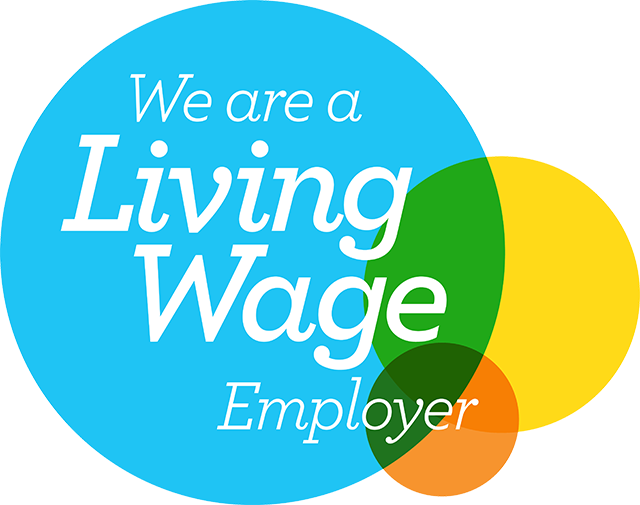Counterfeit goods are no longer just found in local markets – they are now easily available across the internet on auction sites, online marketplaces, dedicated websites and social media.
Sites selling counterfeit goods are located throughout the world and often look legitimate by featuring advertising from reputable companies and accepting major credit cards. However, they are online havens for theft and enable criminals to profit from content or intellectual property they had nothing to do with creating.
The potential risks from counterfeit goods and the rogue websites selling them is profound.
Fake goods are often bad quality and, in most cases, unsafe. Counterfeit electrical goods are not put through the same vigorous safety checks as legitimate items and are often very dangerous. Likewise fake medicines, alcohol and food are not subjected to the same health and safety procedures as legal items and so the damage can potentially be fatal.
By accessing these websites selling counterfeit goods, consumers risk their personal details being compromised and being used for other fraudulent scams, as well as exposing their computer to malware and viruses.
How to stay safe and avoid buying counterfeit goods
- Trust your instincts – if an offer looks too good to be true, then it probably is. Legitimate designer items are rarely discounted, so do not rush and be fooled into believing you are getting a good deal
- Check the spelling and grammar on the website and of the URL – often the people behind these sites do not pay a lot of attention or care to this detail. Fraudsters may also try to deceive you by slightly changing the spelling of a well-known brand or shop in the website address
- Look to see where the trader is based and whether a postal address is provided – just because the web address has ‘uk’ do not assume the seller is based in the UK. If there is no address supplied or there is just a PO Box or email, be wary
- Only deal with reputable sellers. Only use sites you know or ones that have been recommended to you. If you have not bought from the seller before, do your research and check online reviews. People will often turn to forums and blogs to warn others of fake sites.
- Ensure the website address begins ‘https’ at the payment stage – this indicates a secure payment
- Keep security software and firewalls up-to-date. Regularly update your internet browser when a new patch-security update is released
- Do not access links in unsolicited emails, always type in the website address or use a search engine to find a site
- Ask the trader if there is a returns policy or guarantee. Most rogue traders will not offer this
- If you are not sure whether the items are genuine, do not enter your payment details – it is not worth the risk
- Watch out for pop-ups appearing asking you to confirm your card details before you are on the payment stage. Never enter your PIN online
What to do if you are a victim of counterfeit fraud
If you purchased an item you believed to be genuine but now believe it may be counterfeit you can report it to Action Fraud or call 0300 123 2040. Your local Trading Standards office can also give you advice.
If you have any information on counterfreit VAPES, please report it on this simple form – FACT/Report It.
What to do if you believe someone is selling counterfeit items
If you suspect someone to be involved in the sale or trade of counterfeit items you can report this anonymously to Crimestoppers.
Get in touch
Regal House
70 London Road
Twickenham
Middlesex
TW1 3QS



